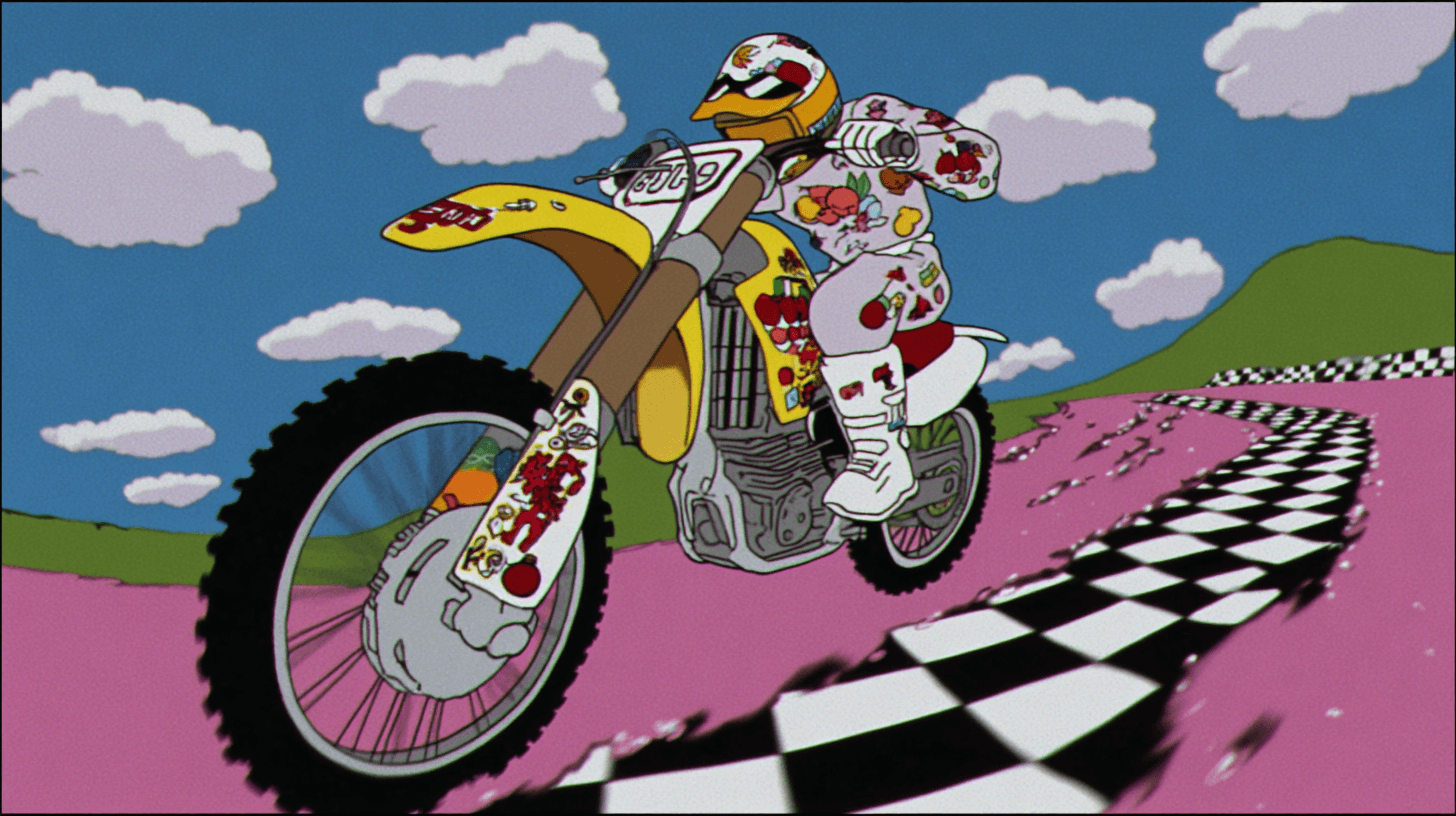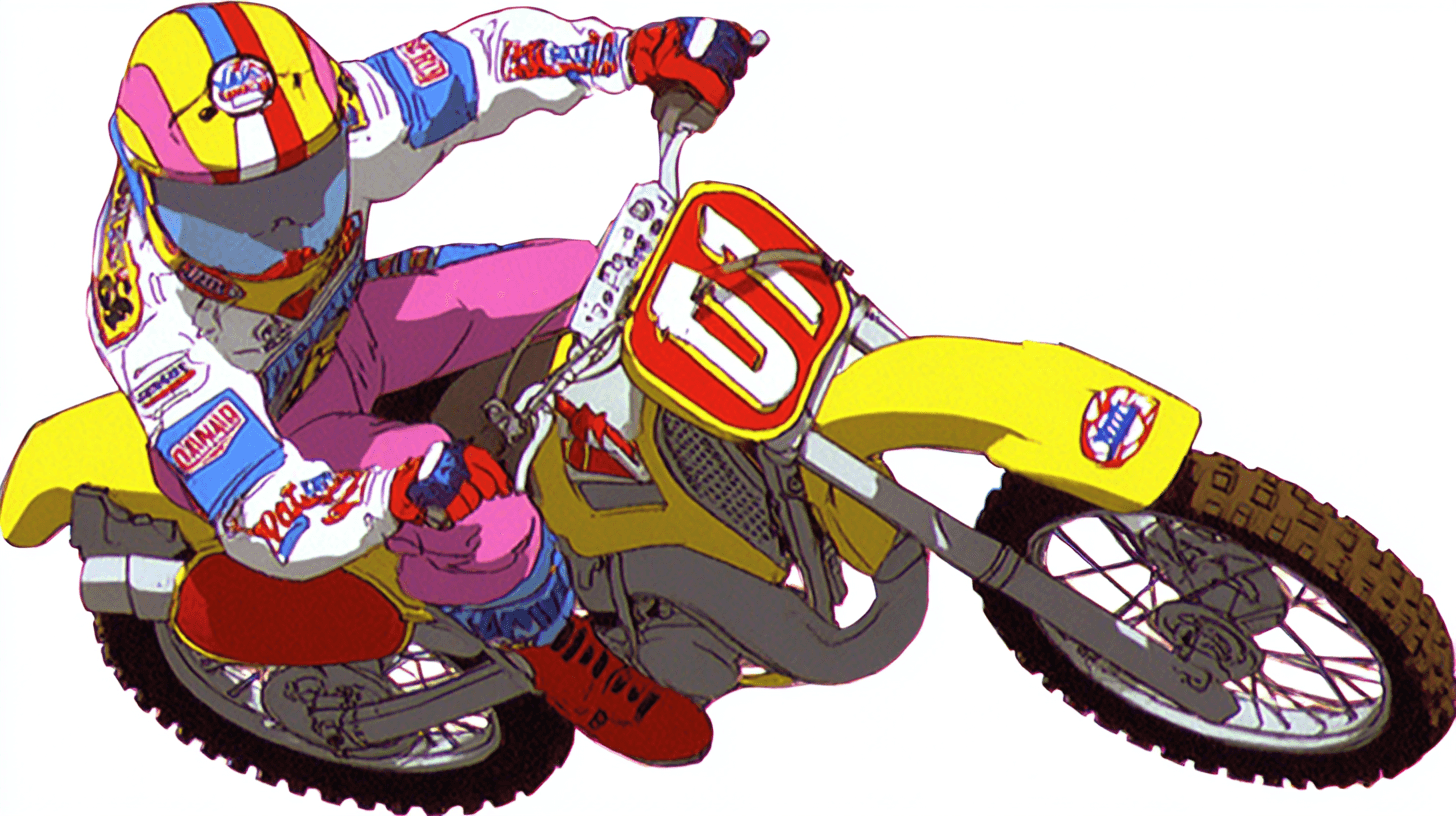How to Choose a Reliable Motorcycle Mechanic: 5 Key Steps
Looking for a great motorcycle mechanic? Here's a quick guide to help you make the right choice.

Looking for a great motorcycle mechanic? Here's a quick guide to help you make the right choice:
- Check Certifications: Look for credentials like MMI, EETC, or brand-specific training (e.g., Harley-Davidson, Honda). These show expertise in maintaining and repairing bikes.
- Read Reviews: Online reviews and personal recommendations are key. Focus on repair quality, communication, and cost transparency.
- Evaluate Experience: Choose a mechanic familiar with your bike's brand and model. Experience with OEM and aftermarket parts is a plus.
- Ask Questions: Talk to the mechanic about their process, costs, and warranties. Clear communication builds trust.
- Inspect the Workshop: A clean, organized shop with the right tools signals professionalism and quality work.
Quick Tip: Use sites like MotorcycleMechanicNearMe.com to find certified mechanics near you.
Following these steps ensures your bike gets the care it needs to stay safe and reliable on the road.
Step 1: Check for Certifications and Training
Want to make sure your motorcycle's in good hands? Let's talk about what makes a mechanic qualified to work on your bike.
Two big names stand out in motorcycle mechanic credentials: the Motorcycle Mechanics Institute (MMI) and Equipment & Engine Training Council (EETC). These aren't just fancy certificates, they show that a mechanic knows their stuff.
Here's what these certifications mean for you:
| Certification Type | What It Covers | Why It Matters | |-------------------|----------------|----------------| | MMI Certification | Brand-specific training for major manufacturers | Shows deep knowledge of specific motorcycle brands | | EETC Certification | Engine systems and technical knowledge | Proves they know motorcycles inside and out | | Manufacturer Training | Latest models and proprietary technology | Means they can handle your specific bike model |
The EETC certification isn't just a piece of paper. It shows a mechanic has mastered everything from basic tune-ups to complex engine repairs. Plus, motorcycle manufacturers offer their own training programs to keep mechanics up to speed on new models and tech.
Before you hand over your keys, check for:
- Current MMI or EETC certifications
- Training specific to your motorcycle brand
- Recent education or skill updates
Here's a pro tip: Ask your mechanic about their most recent training, especially for your bike's brand. If they're excited to share their credentials and stay current with training, that's a good sign.
Ready to move forward? Great. Next up, we'll look at how to check their reputation through customer feedback.
Step 2: Use Reviews and Recommendations
Looking for a motorcycle mechanic? What other riders say matters. A lot. In fact, 91% of consumers check online reviews when picking local services, according to BrightLocal's 2020 survey.
How to Read Online Reviews
Don't just count stars. Pay attention to the details in reviews. What specific repairs were done, how fast the work was completed, and how the mechanic handled unexpected problems. Reading both good and bad reviews helps paint the full picture.
Here's what to watch for when reading reviews:
| Review Element | What to Check | Red Flags | |---------------|---------------|-----------| | Repair Details | Clear info about work done and results | Generic comments or vague answers | | Timeline | How long repairs took and updates given | Slow service or poor communication | | Cost Transparency | Upfront pricing and estimate accuracy | Surprise fees or extra charges | | Problem Resolution | Ways issues were fixed | Getting defensive about feedback |
While online feedback helps, getting tips from people you know adds another level of confidence.
Getting Advice from Other Riders
"85% of consumers trust online reviews as much as personal recommendations", reports BrightLocal's 2020 study.
Mix online reviews with personal recommendations to get the best picture. Want honest feedback? Join local motorcycle clubs and riding groups. They're packed with riders who can share real experiences with nearby mechanics.
When asking other riders about mechanics, focus on:
- Their actual repair experiences
- How long repairs took
- Whether final costs matched estimates
- How well the mechanic explained the work
For verified reviews focused on motorcycle repairs, check out specialized sites like MotorcycleMechanicNearMe.com. These sites often give better insights than general review platforms.
Step 3: Evaluate Experience and Expertise
Finding the right motorcycle mechanic isn't just about who's available. It's about who has the skills to keep your bike running smoothly.
Experience with Your Motorcycle Brand
A top mechanic needs two key things: the right tools to diagnose problems and deep knowledge of parts. They should have brand-specific equipment to pinpoint issues and know the ins and outs of both OEM and aftermarket parts. While OEM parts cost more, they're built to match your bike's exact specs.
"Manufacturer-specific training programs from companies like Harley-Davidson, Honda, and BMW ensure mechanics stay current with the latest technology and repair techniques", explains the Motorcycle Mechanics Institute (MMI).
Here's what makes a mechanic truly qualified to work on your brand:
| Factor | What to Look For | Why You Should Care | |--------|-----------------|---------------------| | Brand Training | Official certifications | Shows they know the latest tech | | Model Experience | Time spent with your type of bike | Means they know common problems | | Tools | Brand-specific diagnostic equipment | Gets to the root of issues faster | | Parts Know-how | Understanding of OEM vs aftermarket | Helps you make smart repair choices |
Years of Practical Experience
Book smarts matter. 82% of motorcycle mechanics have postsecondary certificates. But there's no substitute for hands-on experience. The best mechanics blend their technical training with years of real-world work. Look for someone who:
- Keeps up with the latest manufacturer training
- Can explain complex problems in plain English
- Has worked on both old-school and modern bikes
- Shows a solid history of fixing bikes right the first time
Ready to move forward? Your next step is talking directly with potential mechanics to see if they're the right match for your motorcycle.
Step 4: Ask Questions Before Making a Choice
Finding the right motorcycle mechanic isn't just about technical skills. It's about clear communication too. Here's how to make sure you're making the best choice.
Checking Communication Skills
Pay attention to how the mechanic talks with you. Can they break down complex problems into simple terms? A good mechanic should make you feel comfortable asking questions and help you understand what's going on with your bike.
Watch for these signs during your conversation:
- How well they explain technical problems in everyday language
- Whether they actually listen when you describe issues
- If they give detailed explanations for needed repairs
- How they keep track of what you've discussed
For instance, a skilled mechanic might say: "Your clutch cable is wearing out. When this happens, your bike can slip out of gear unexpectedly. If we replace it now, we'll prevent damage to your transmission, which would cost way more to fix."
Questions About Problem Diagnosis
The way a mechanic tackles problems tells you a lot about their expertise. Ask them about their process and see how they handle tough issues.
| Ask About | Why It Matters | What Good Answers Sound Like | |-----------|---------------|------------------------------| | How they diagnose | Shows their method | Clear steps they follow | | Costs and warranties | Helps avoid surprises | Detailed prices and written guarantees | | Time to complete | Sets clear expectations | Honest, specific timeframes |
"Clear communication ensures accurate repairs and builds trust with your mechanic", notes the Motorcycle Mechanics Institute (MMI) in their 2024 service guidelines.
A good mechanic won't just tell you what needs fixing. They'll explain why it matters and what might happen if you put off repairs. They should help you understand your options and what each choice means for your bike's future.
After your chat, take a look at their workshop. It should match up with everything they've told you.
Step 5: Inspect the Workshop
The condition and setup of a mechanic's workshop can tell you a lot about their work quality. As the U.S. Bureau of Labor Statistics points out, skilled mechanics put effort into maintaining well-equipped shops.
Look at Workshop Organization
A clean, organized shop means more than just looking good. It's about getting repairs done right and safely. Here's what matters in a motorcycle workshop:
| Area | What to Check | Why You Should Care | |------|--------------|---------------------| | Work Space | Bright, clean areas | Shows if they pay attention to small details | | Tools | Neat storage and easy access | Tells you if they work systematically | | Parts | Clear labels on storage areas | Helps avoid mistakes during repairs | | Reference Materials | Easy-to-spot repair guides | Shows they follow proper repair steps |
"A well-organized workshop environment is crucial for accurate diagnostics and efficient repairs", states the Motorcycle Mechanics Institute (MMI) in their 2024 facility guidelines.
Check Tools and Equipment
Today's bikes pack complex electronics and precise engineering. That means mechanics need the right tools to fix them properly. Look for:
- Brand-specific diagnostic equipment
- High-quality measuring tools
- Professional bike lifts in good shape
Watch how mechanics treat their tools. It shows you their level of care and skill. If you see beat-up or dirty tools lying around, that's a red flag.
For specific brands like BMW, Honda, Harley-Davidson, or Ducati, the shop should have the exact tools those bikes need. A BMW shop without BMW diagnostic gear? That's a problem.
The MMI says good mechanics keep updating their tools to match new bike tech. Think of it this way: you wouldn't want a doctor using outdated equipment, right? Same goes for your bike mechanic.
Conclusion: Final Tips for Choosing a Mechanic
Looking for a motorcycle mechanic? You're not alone. The U.S. Bureau of Labor Statistics says motorcycle repair jobs will grow 10% by 2030. Here's what you need to focus on when picking your mechanic:
| What to Check | Look For | Why It Matters | |--------------|----------|----------------| | Certifications | MMI, ASE, manufacturer certs | Shows they know their stuff | | Experience | Brand expertise, time in business | Proves they can fix real problems | | Shop Quality | Good tools, clean workspace | Shows they care about details | | Communication | Clear talk, upfront prices | No surprises on your bill | | Training | Updates on new tech | Keeps up with modern bikes |
After finding the right mechanic, build a relationship that'll keep your bike running smooth for years.
How to Build a Strong Mechanic Relationship
The Motorcycle Mechanics Institute (MMI) knows what makes shop-client relationships work.
"Ongoing education keeps mechanics up-to-date with advancing motorcycle technology. A good mechanic-client relationship should be built on mutual trust and regular communication", states the MMI's 2024 industry guidelines.
Want to get the best service? Here's what works:
- Book your maintenance when shops aren't swamped
- Keep your service records handy and tell your mechanic exactly what's up with your bike
Need help finding a mechanic? Check out MotorcycleMechanicNearMe.com. They've got a full list of certified pros, complete with reviews and what each mechanic specializes in.


